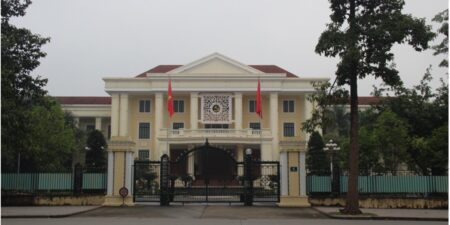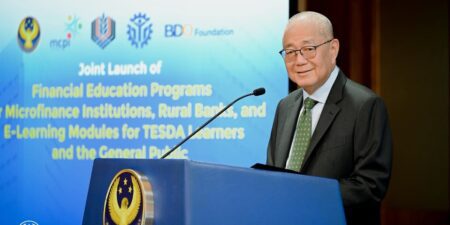The BGA Research Team, led by Head of Research Murray Hiebert, wrote an update to clients on the recent economic, political and social developments of the Myanmar civil war.
Context
- The leadership of the State Administration Council (SAC) is increasingly untenable and may not last in the coming months without changes at the top. Three years after seizing power, the military junta is losing ground in the civil war. The SAC is now at a critical juncture as it struggles to reclaim control of the borderlands, the economy teeters on the brink of collapse, exports dry up and the country’s human capital dwindles. Policy mismanagement has led to the hemorrhaging of foreign exchange reserves and capital flight, cementing Myanmar’s status as an economic backwater and pariah state.
- The junta’s misdirected foreign exchange supervision policy has exacerbated Myanmar’s economic crisis. The establishment of complex layers of fixed exchange rates for the exporters and remittance senders has hampered future income flows. This misguided approach has led to a sharp decline in export revenue, which has dropped more than $2 billion — nearly 15 percent — since 2023. As a result, the SAC has been forced to ration its foreign exchange for essential imports such as fuel and cooking oil.
Significance
- Myanmar’s political, economic and military dynamics are shifting even if regime collapse or a military defeat at the hands of anti-SAC forces seems unlikely for now. The combination of disagreements within the SAC and external pressure stemming from a stagnant economy and public anger over the newly implemented military service law has fueled resentment both internally and among what were once the SAC’s most ardent supporters. Concerns about the regime’s centralized decision-making have grown amid the country’s shrinking resources, auguring a future marked by greater instability and uncertainty. Whatever the outcome, power dynamics within the junta may not change substantially even if the SAC’s upper echelon were shuffled.
- Compounding the economic turmoil is the nation’s deteriorating power situation, which has precipitated the gradual collapse of numerous manufacturing industries dependent on government-subsidized utilities. Trapped by an overvalued exchange rate and noncompetitive electricity tariffs, the SAC’s policies have prevented local and independent power producers from addressing the shortfalls in electricity generation. The recent loss of territorial control in remote regions housing key hydropower dams has also magnified the crisis. Escalating fighting along Myanmar’s borders with China and Thailand have delivered a severe blow to the country’s critical border trade, historically accounting for a third of its export revenue. Although merchants have sought alternative routes to China through the border gates of Kanpikete and Lweje in Kachin state, recent skirmishes between SAC forces and the Kachin Independence Army threaten to further destabilize border trade.
Implications
- For business, Myanmar’s harrowing crisis is a big dent and setback from days before the coup. Fighting in broad swaths of the country, a deteriorating economy weakened by mismanagement, plummeting exports, a poorly devised foreign currency regime and flight of the country’s most educated young talent leave the country with a challenging environment for companies and foreign investors.
- In the end, the disparate resistance movement, in the long run, offers the best hope to restore a democratic government in Myanmar, even if that involves reimagining the country’s borders and system of government. The Arakan Army has emerged as one of the strongest fighting forces among Myanmar’s EAOs, and it is conceivable that Rakhine state will achieve a high level of autonomy down the road. A new kind of Myanmar can still be workable, with risks, but this will require multi-level dialogue to drive consensus on a remodeled union.
We will continue to keep you updated on developments in Myanmar as they occur. If you have any comments or questions, please contact BGA Head of Research Murray Hiebert at mhiebert@bowergroupasia.com.
Best regards,
BGA Research Team

Head of Research
Murray is a top Asia expert and skilled researcher with three decades of experience living and working in Asia. His networks in business, media and government circles are deep and wide-ranging. He is also a senior associate of the Southeast Asia Program at the Center for Strategic and International Studies (CSIS) in Washington, D.C. Earlier he served as deputy director of the program for six years. Prior to joining CSIS, Murray served for five years as senior director for Southeast Asia at the U.S. Chamber of Commerce where he worked with leading American companies, the U.S. government and Southeast Asian ...
Read More


























